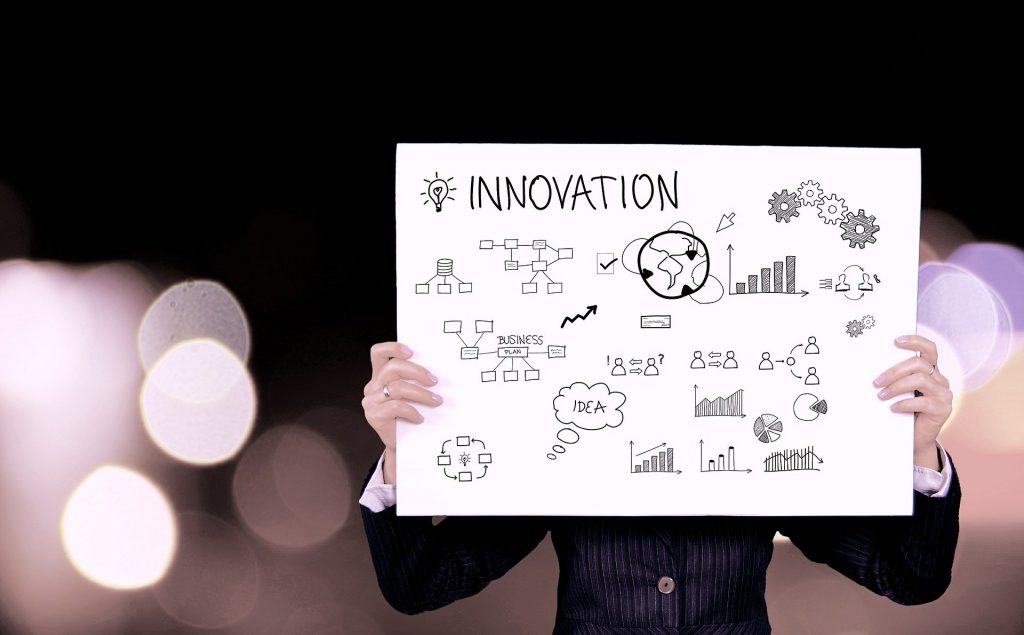Open Access & Data as Important Recommendation on Science
By SalM on July 23, 2020 in News Articles
Introduction
One of the 10 key areas of the UNESCO Recommendation on Science and Scientific Researchers (2017) is to provide an open-access and data for researchers. Research results and data shall be available for free to the public and other researchers so that they can be re-used, reviewed and replicated and research should be conducted in a responsible manner that respects the human rights of scientific researchers and human research subjects alike. Open access to research results and the knowledge derived from it promotes the human right to share in scientific advancement and its benefits.
Recommendations for Member States
In the following of this article, we are presenting you bits of the UNESCO Recommendation on Science and Scientific Researches that are focusing on open data access. Read them as they go:
- Member States should recognize the international dimensions of research and development and, in this regard, should do everything possible to help scientific researchers, including:
(a) establishing partnerships freely associating scientific communities of developed and developing countries to meet the needs of all countries and facilitate their progress while respecting national regulation, including cultural and scientific cooperation and development of bilateral and multilateral agreements enabling developing countries to build up their capacity to participate in generating and sharing scientific knowledge, the related know-how and their benefits, including identifying and countering the effects of brain drain;
(b) taking measures against bio piracy; illicit trafficking of organs, tissues, samples, genetic resources and genetic-related materials; as well as ensuring the protection of the human rights, fundamental freedoms and dignity of the human person, and the confidentiality of personal data. - Member States should endeavor to ensure that research and development under-taken, funded, or otherwise pursued in whole or in part in different States, is consistent with principles of conducting research in a responsible manner that respects human In particular, for transnational research involving human subjects:
(a) appropriate ethical review should be undertaken both in the host state(s) and the state(s) in which the funder is located, based on internationally agreed ethical frameworks;
(b) such research should be responsive to the needs of host countries, and the importance of it contributing to the alleviation of urgent global health problems should be recognized;
(c) when negotiating a research agreement and terms for collaboration, agreement on the benefits of the research and access to the results should be established with full participation of the communities concerned. - So as to ensure the human right to share in scientific advancement and its benefits, Member States should establish and facilitate mechanisms for collaborative open science and facilitate sharing of scientific knowledge while ensuring other rights are
- So as to ensure the human right to health, Member States should take measures so that benefits resulting from any research and its applications are shared with society as a whole and within the international community, in particular with developing
- Member States should recognize it as wholly legitimate, and indeed desirable, that scientific researchers should associate to protect and promote their individual and collective interests, in bodies such as trade unions, professional associations and learned societies, in accordance with the rights of workers in general and inspired by the principles set out in the international instruments listed in the annex to this Recommendation. In all cases where it is necessary to protect the rights of scientific researchers, these organizations should have the right to support the justified claims of such researchers.
To read the full set of Recommendations on Science and Scientific Researchers follow this link to the UNESCO site






















